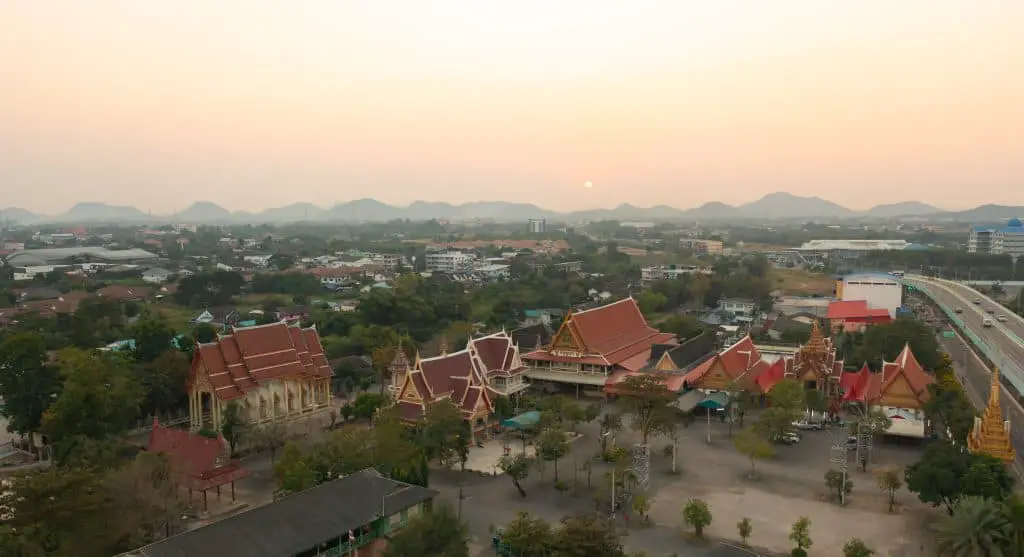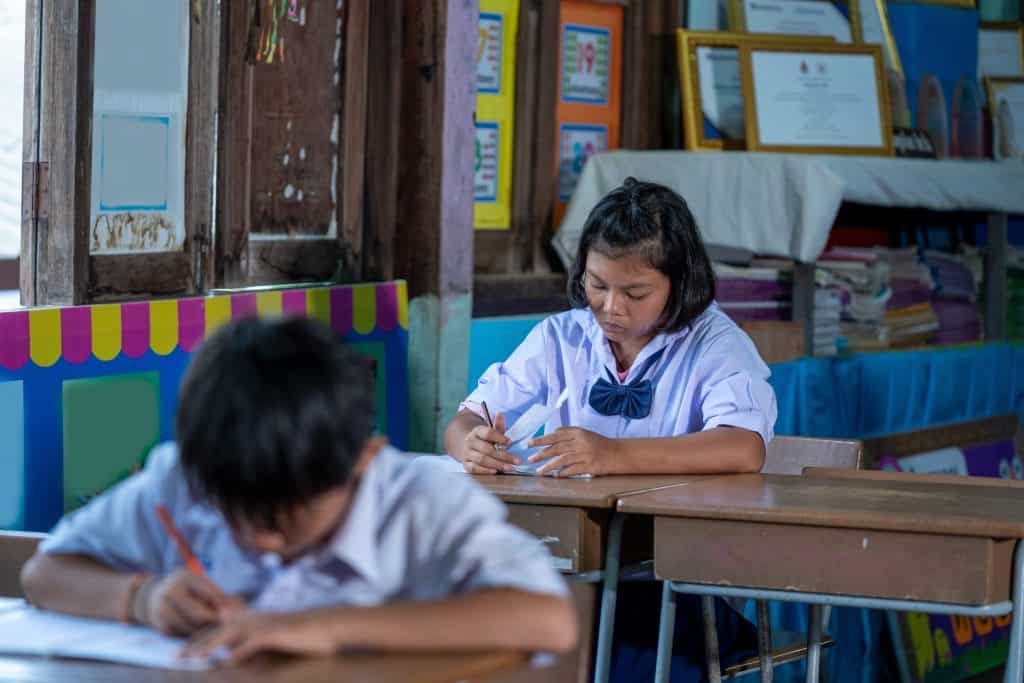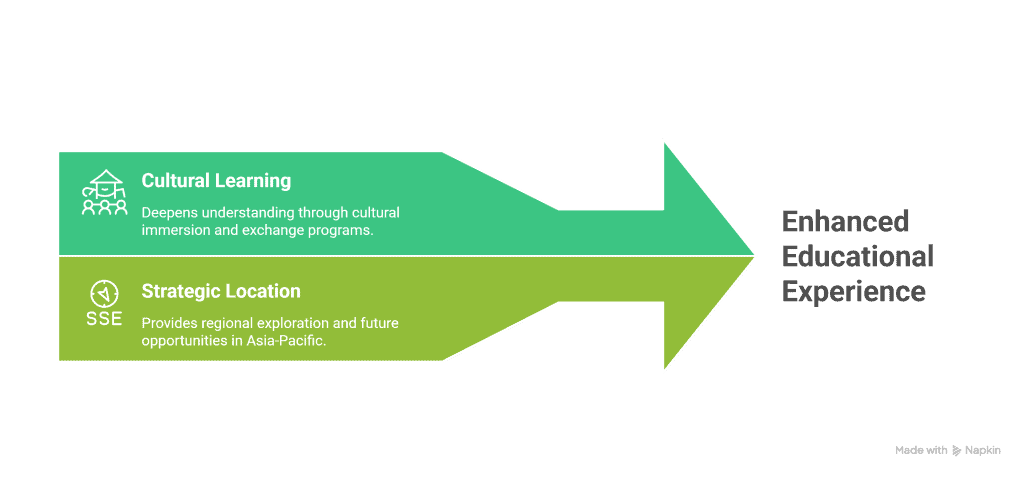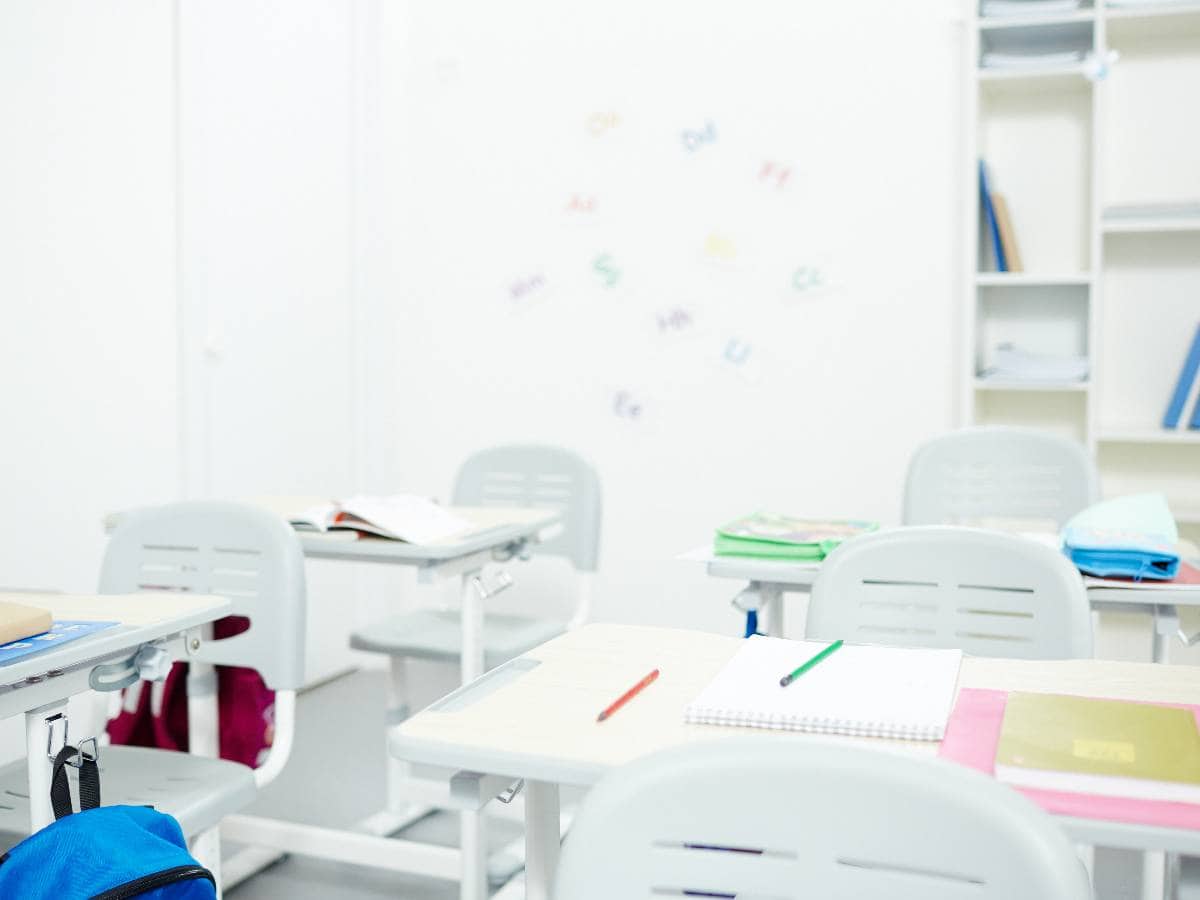Master Your Expat Kids School Transition Thailand
Moving to Thailand with children brings unique challenges, especially when it comes to education. After helping countless expat families navigate this transition, I’ve seen firsthand how the right approach can transform what seems like a daunting process into an exciting adventure. Whether you’re relocating to Bangkok or settling elsewhere in Thailand, understanding the school landscape and cultural nuances makes all the difference in your child’s adaptation journey.
Key Takeaways
- International schools in Thailand offer globally recognized curricula that ease the transition for expat children while providing cultural immersion opportunities
- Understanding the Thai academic year (May to March) and local customs helps families plan better and integrate more smoothly into school life
- Building connections with the international community and participating in school events creates a strong support network for both parents and children
Understanding Thailand’s Education Landscape

The Diversity of School Options in Thailand
Thailand offers an impressive range of educational choices for expat families. International schools in Thailand have grown significantly, with Bangkok leading the charge in providing world-class international education. From established institutions like NIST International School and Bangkok Patana to Shrewsbury International School, the options cater to various curricula preferences.
The education system in Thailand accommodates both local and international students. While traditional Thai schools follow the Thai Ministry of Education curriculum, international schools provide alternatives like the International Baccalaureate (IB), American curriculum, and British National Curriculum. This diversity ensures expat families can find educational approaches that align with their children’s previous schooling and future plans.
Navigating School Types and Curricula
When choosing the right school for your child, understanding the different educational approaches available is crucial. Private schools offer smaller class sizes and often bilingual programs, while international schools Bangkok typically provide instruction in English with cultural integration components.
The International School of Bangkok (ISB) and similar institutions offer comprehensive programs from primary school through secondary school. These schools often feature curricula that combine international standards with local cultural awareness, helping expat children develop global perspectives while understanding their new home country.
Private bilingual schools present another excellent option, offering instruction in both English and Thai. This approach particularly benefits families planning long-term residence in Thailand, as children develop fluency in the local language while maintaining their academic progression in English.
Timing Your Move and School Entry
Understanding the Thai Academic Year
The Thai academic year runs from May to March, differing significantly from Western school calendars. This timing affects when to start school and requires careful planning for families relocating to Thailand. Most international schools in Thailand follow this schedule, though some maintain alternative calendars to accommodate international students.
Planning your move to Thailand around these academic cycles helps ensure a smooth transition. Arriving during school breaks allows children aged various levels to settle into their new environment before beginning classes. This adjustment period proves invaluable for adapting to a new culture and school environment.
Enrollment Considerations and Timing
Tuition fees for international education vary significantly across institutions. Premium schools like Patana School and NIST command higher fees but offer extensive facilities and programs. Understanding these costs early in your planning helps make the best choice for your family’s budget and educational goals.
Application processes often require several months, particularly for popular schools. Starting your search early ensures better placement options and reduces stress during your transition to a new country.
Helping Children Adapt to Thai School Culture
Cultural Integration and Language Considerations
Helping expat children adapt Thai school culture involves more than academic preparation. Thailand’s educational environment emphasizes respect for teachers, community harmony, and cultural appreciation. Children may initially find these expectations different from their previous schools, but most adapt quickly with proper guidance.
Language immersion opportunities abound in Thailand’s school system. Even international schools often include Thai language instruction, helping students connect with local culture and develop practical communication skills. For families with half Thai children or those planning permanent residence, this linguistic development proves particularly valuable.
Building Social Connections
School events play a crucial role in community building within Thailand’s international education sector. These gatherings help expat families connect with others sharing similar experiences. From cultural festivals celebrating both international and Thai traditions to sports competitions, these activities foster friendships that extend beyond the classroom.
The international community in Thailand is remarkably welcoming and supportive. Many schools facilitate parent networks and social groups that ease the adjustment process for entire families. These connections often prove invaluable for practical tips about living in Thailand and navigating daily challenges.
Academic and Social Adjustment Strategies
Adjusting to life in a new educational system requires patience and flexibility. Kids get accustomed to different teaching styles, assessment methods, and social dynamics at their own pace. Some children thrive immediately in their new setting, while others need more time to feel comfortable.
Most schools provide orientation programs for new students, particularly international transfers. These programs introduce school policies, cultural expectations, and peer interaction norms. Taking advantage of these resources significantly improves your child’s school experience and overall adaptation.
Choosing the Right Educational Path

Evaluating School Options
Finding the right school requires careful consideration of multiple factors beyond academic reputation. School location affects daily logistics, while school environment influences your child’s happiness and growth. Visiting campuses, meeting teachers, and observing student interactions provide valuable insights into each institution’s culture.
International schools provide various specializations and focuses. Some excel in STEM education, others in arts or languages. Understanding your child’s interests and strengths helps identify schools that will nurture their talents while providing comprehensive education.
Matching Curriculum to Future Plans
Consider your family’s long-term plans when choosing the right school. Families returning to their home countries might prefer schools following familiar curricula, while those settling permanently in Thailand might benefit from programs with stronger local cultural integration.
The IB program offers excellent international recognition and transferability, making it popular among mobile expat families. Meanwhile, American curriculum and British schools provide continuity for students from those educational backgrounds.
Practical Transition Tips for Parents
Pre-Arrival Preparation
Successful school transition begins before arrival in Thailand. Researching potential schools, understanding admission requirements, and preparing necessary documentation streamlines the enrollment process. Many schools accept virtual interviews and preliminary applications, allowing families to secure placement before relocating.
Tips for parents include maintaining open communication with children about the upcoming changes, discussing Thai culture and customs, and setting realistic expectations about the adjustment period. Children benefit from understanding both the challenges and exciting opportunities their new environment will provide.
Supporting Your Child’s Journey
Adjusting to a new country involves emotional as well as practical challenges. Some children experience homesickness, anxiety about making friends, or concerns about academic performance. Acknowledging these feelings while maintaining positive encouragement helps children process their emotions constructively.
Regular communication with teachers and school counselors provides valuable insights into your child’s progress and any areas needing additional support. Most international schools in Thailand have experienced staff familiar with expat student needs and can offer targeted assistance.
Building Long-term Success
Life in Thailand offers incredible opportunities for personal and educational growth. Encouraging children to embrace local customs, try new foods, learn basic Thai phrases, and participate in cultural activities enriches their experience and accelerates integration.
The strong community aspect of Thailand’s international education sector creates lasting friendships and professional networks. Many expat children develop deep appreciation for Thai culture while maintaining their international perspectives, preparing them for success in our increasingly globalized world.
Making the Most of Thailand’s Educational Opportunities

Embracing Cultural Learning
Thailand’s rich cultural heritage provides unparalleled learning opportunities outside traditional academics. School life often includes field trips to historical sites, cultural festivals, and community service projects that deepen students’ understanding of their new home.
Traditional Thai schools and international schools increasingly collaborate on cultural exchange programs, allowing students to experience different educational approaches and build broader perspectives. These interactions help expat children develop cultural sensitivity and global awareness.
Leveraging Thailand’s Strategic Location
Thailand’s location in Southeast Asia provides unique opportunities for regional exploration and learning. Many international schools in Thailand organize educational trips to neighboring countries, exposing students to diverse cultures and historical perspectives within the region.
This geographical advantage, combined with Thailand’s growing economy and international business presence, positions students for future opportunities in the Asia-Pacific region. Understanding this broader context helps families appreciate the long-term value of their educational investment in Thailand.
FAQs
What’s the best age for children to transition to schools in Thailand?
How long does it typically take for expat children to adjust to Thai school culture?
Are international schools in Thailand recognized globally for university admissions?
What should parents expect regarding tuition fees for international schools?
How can parents help their children maintain their home culture while adapting to Thai culture?
Conclusion
Successfully navigating your expat kids school transition Thailand becomes manageable with proper preparation and realistic expectations. The key lies in understanding both the educational landscape and cultural nuances that make Thailand unique. Remember, this transition represents an incredible opportunity for your children to develop global perspectives, cultural sensitivity, and lifelong friendships.
Ready to make your family’s transition to Thailand as smooth as possible? At Better Living Asia, we understand the complexities of relocating with children and can provide personalized guidance for your specific situation. Schedule a consultation with our experienced team to discuss your family’s educational needs and develop a tailored plan for success in Thailand.






